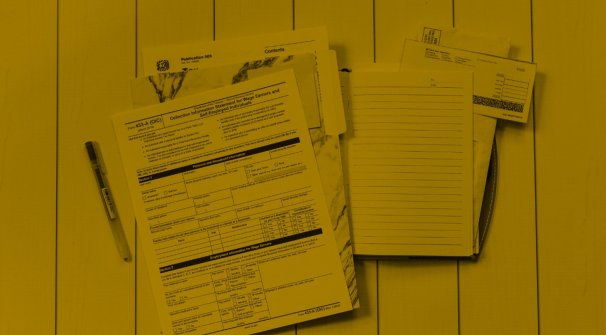Stewardship has over 25 years’ experience of lending to Christian churches and charities, our experience of the quality and clarity of applications is variable from exceptional to most lacking. A clear and quality application will enhance the applicant’s chance of getting an offer and may also contribute to better terms being received.
In this blog, we explore four main themes that applicants should consider:
1. Do your homework
This is in effect preparation towards making your application:
- Work out roughly how much you will need to borrow.
- What is that likely to cost in terms of interest and repayments? There are a number of loan ready reckoners available online that can help with this. A good one is Moneysavingexpert.com
- Then, think how you are going to meet those repayments over the coming years.
2. Be realistic
Lenders assess risk. They don’t want to be left with a bad debt or even problems with repayments along the way. Therefore, having done your homework:
- Present a credible case that shows that your charity has the ability to repay the loan.
- Don’t expect lenders to understand that ‘God will provide’.
- Don’t leave things until the last possible moment. A lender is likely to refuse you rather than make a rash decision.
- If bidding in an auction, time will be of the essence. Engage with the lender as early as possible prior to the auction and ensure that the auction house has a legal pack pre-prepared covering title, searches and so on. If successful at the auction, this will need to be presented to your solicitor.
3. Create the right first impression
First impressions do count! So find out about the lender’s criteria for lending before you apply:
- Do they lend to charities at all?
- Do they lend to Charitable Incorporated Organisations. In our experience, and for technical legal reasons, a number of banks do not.
- Does the lender understand the way that churches work and are financed? Again, our experience is that many high street banks don’t, meaning it can be more difficult to make a successful application to them.
- Does the lender favour certain types of lending? Stewardship, for example, lends for property purchases, construction, refurbishment etc. But we don’t lend for working capital needs. Nor for private residential purchases other than church manses.
- Do you have a suitable property to offer as security?
Then:
- Complete the application form as fully and as openly as possible.
- Don’t make unrealistic claims. A common one here is to claim that a funding shortfall will be met from grants, when no grants have even been applied for, let alone any promises of funding received.
- Do your accounts comply with charity accounting rules and have they been properly examined or audited?
- Are your accounts free from error?
4. Continue to show that you know what you are about
Being ‘on the ball’ will create a favourable impression. Some key points to be on top of:
- Have you included all costs in your project funding calculations? For example:
- Don’t forget solicitors’, architects’ and other professionals’ fees. What about fitting out: chairs, carpets, new PA equipment etc.
- Will running costs of the new building be significantly different from existing running costs?
- Whilst there should be no stamp duty, what about VAT? Property transactions can be zero rated, exempt or standard rated. Take professional advice if necessary; significant amounts could be at stake.
- When completing your application, answer questions fully and accurately.
- Answer questions promptly. This helps the lender to keep focussed on your particular application.
- Don’t expect your lender to undertake accounting work. For example; sending in ledger sheets rather than full annual accounts is not acceptable.
- Finally, highlight any unusual or exceptional features in your accounts. For example; if the boiler blew up last year and cost £20,000 to replace, say so.
Stewardship loans
Stewardship is more than happy to ‘hand hold’ you and guide you through the process. We have a small team that you can call to discuss your needs before application, as it progresses towards offer and between acceptance of offer and completion.











